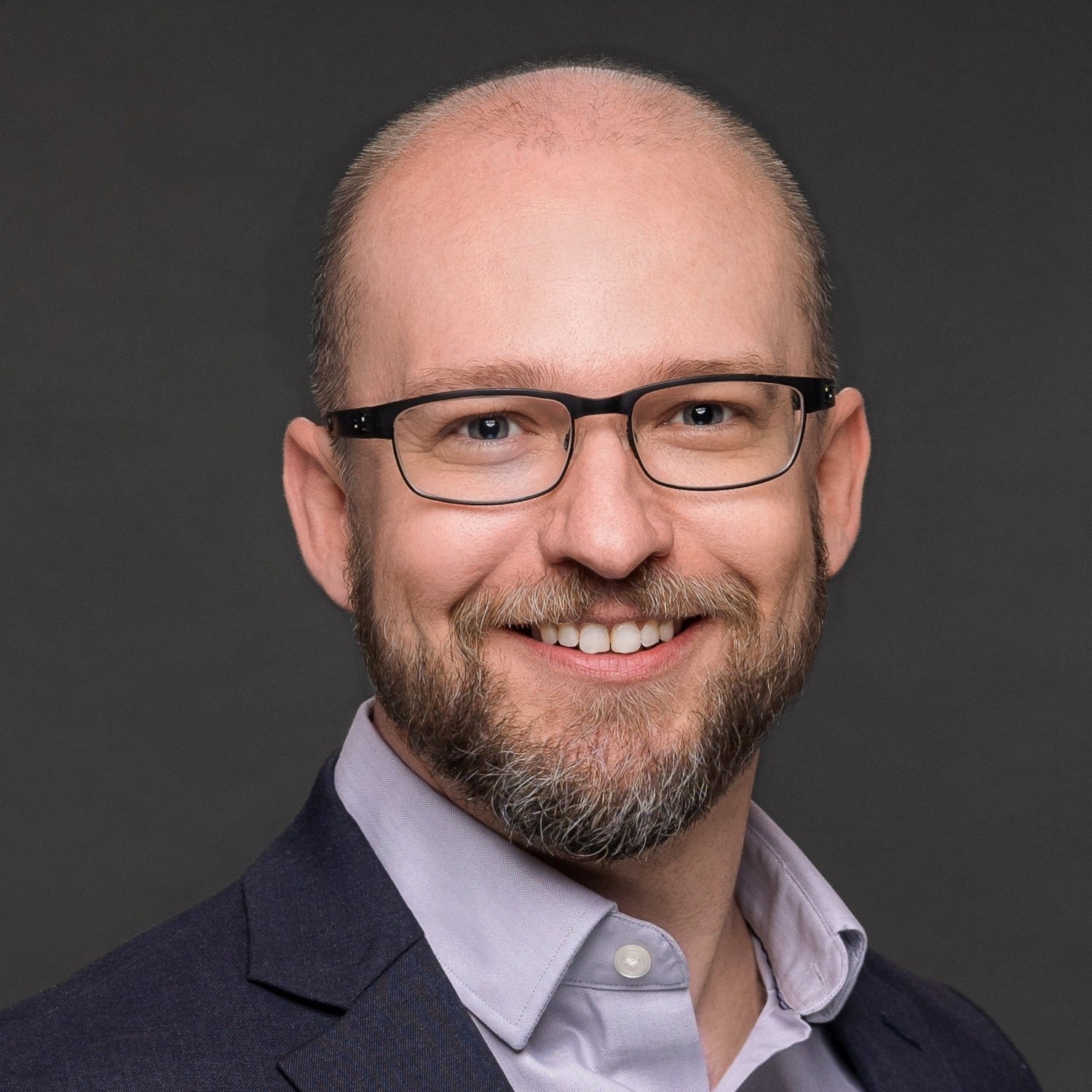"FMG Leading brings experience that enables them to immediately place what type of leader they're dealing with on the senior executive team and what will be their strengths and opportunities. It's very personal. It’s about individual leaders and how to make them more effective…and by extension, how to make the whole organization more effective."

Founded in 2001, Sound Physicians is a privately-held provider of inpatient services based in Tacoma, Washington. It has grown into one of the largest physician groups in the country with over 2,500 physicians delivering emergency medicine, critical care, transitional care, and hospital medicine in over 350 healthcare systems, hospitals, and post-acute facilities throughout the United States. In 2017, Sound Physicians cared for more than 1.6 million patients.
In 2012, employee survey data indicated that Sound Physicians’ Chief Hospitalists, the on-site medical team leaders, were lacking the fundamental leadership skills required to lead a team.
Experienced, capable physician leadership was critical and scarce. The survey indicated that what hospital partners and Sound Physician doctors really wanted (and needed) were on-site leaders with clinical backgrounds who also had well-developed interpersonal and leadership skills. CEO Rob Bessler, MD, realized that mentoring and building a next-generation of capable physician leaders would not only support Sound Physicians’ success, it would prove to be a competitive recruitment advantage as the organization grew. Addressing this skills gap became a company-wide priority.
FMG Leading partnered with a Sound Physicians internal team to design a two-day physician leadership development program that came to be known as the “Chief Summit Initiative (CSI)”.
It addressed the Chief Hospitalists’ skill gaps in leadership and management fundamentals, while instilling a core set of competencies that had evolved from earlier research completed by both Sound Physicians and FMG Leading. Ultimately, the program focused on 3 categories of competencies: “to know”, “to be”, and “to do”.
The first day of the CSI program used a small group learning format and focused on the relationship between managing and leading as well as how to delegate responsibilities appropriately. The second day focused on how to communicate effectively, the importance of self-awareness, and the impact of their behaviors on others. To address physician leaders’ self-awareness, data from the DISC behavior assessment tool gave participants powerful insights around their typical patterns of behavior. Equipped with this information and understanding, the physician leaders were then trained on how to give and receive feedback and hold the often-necessarily difficult development conversations with their direct reports. Eventually based on the feedback shared on the value of the program, Sound Physicians opened CSI to its broader group of physicians and nursing leaders, offering the development program to prepare them for next-level responsibilities.
Sound Physicians connects the improvements in physician leadership skills to improvements in key metrics such as engagement and turnover.
Bessler believes that engaging, aligning, and inspiring physicians to develop their leadership capabilities made their jobs, and the jobs of those around them, easier. He also credits the company’s improved physician leadership capabilities with the ability to attract new partners and support growth. Sound Physicians connects the improvements in physician leadership skills to improvements in key metrics such as engagement and turnover. Bessler believes that engaging, aligning, and inspiring physicians to develop their leadership capabilities made their jobs, and the jobs of those around them, easier. He also credits the company’s improved physician leadership capabilities with the ability to attract new partners and support growth.
From the client’s point of view
Sound Physicians connects the improvements in physician leadership skills to improvements in key metrics such as engagement and turnover.


